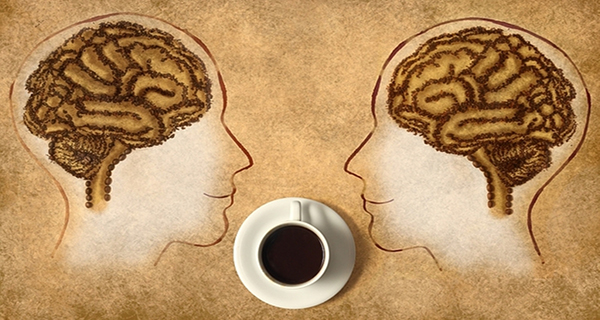In the United States, the average person will drink 1 cup of coffee a day, because people believe that drinking coffee is also a neuroprotective, reducing the risk of Alzheimer's disease as well as Parkinson's disease. For people with Alzheimer's disease, high levels of amino acids such as Amyloid-beta and Amyloid-tau are found in the nervous system. Similarly, Alpha-synuclein, a protein involved in the development of Parkinson's disease, is also found in the patients' bodies.

According to a survey from researchers at the University of Toronto and the Krembil Research Institute in Canada, coffee compounds can help prevent plaque buildup. The researchers looked at the different compounds found in coffee beans at three levels of roasting: medium roast, dark roast and decaffeinated coffee; They found a group of compounds called phenylindans in coffee that have a significant effect on reducing levels of the amino acids Amyloid-beta, Amyloid-tau and Alpha-synuclein.
A study from the University of Florida in 2012 was found to be higher in caffeine in the blood of people without Alzheimer's disease and other dementia than those with the disease. These findings demonstrate the potential for treatment or prevention against Alzheimer's in the future.

On the other hand, there is positive evidence to suggest that drinking a sufficient amount of coffee daily is good for health. And there is no harm to the body when controlling the moderate amount of coffee consumed each day. In addition, according to the Alzheimer's Association, you should exercise, do not smoke or regularly participate in social activities to promote healthy lifestyles and improve health.







